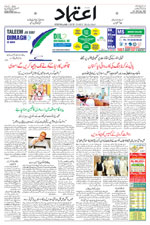Across India , Muslims performed Eid Al-Adha prayer peacefully.
Wed 21 Jul 2021, 09:34:11
New Delhi: With all COVID-19 protocols in place, devotees from all over the country offered namaz on Wednesday on the occasion of Eid-Al-Adha.
In the capital city, devotees were seen offering namaz at Jama Masjid, Fatehpuri Masjid, Jamia Masjid among others.
However, no mass gathering was seen at Delhi’s Jamia Masjid for Bakrid prayers this year.
Only a limited number of worshippers were allowed to offer namaz at the Jama Masjid, and the Shahi Imam, Abdul Ghafoor Shah Bukhari had also appealed all to offer namaz for the occasion at home.
“We need to follow COVID-19 guidelines for the safety of ourselves and for our families in view of the third wave. We had decided to allow limited people to offer namaz at Jama Masjid. 15-20 people offered prayers,” Bukhari said.
“Keeping COVID guidelines in mind, we cancelled general namaz timings. Except for a few locals, there were no other visitors as prayers were offered here in wee hours to avoid the rush,” Jama Masjid Imam said. Mentioning how crowded the Jama Masjid area otherwise is, Jasmeet Singh, DCP Central District, Delhi Police lauded the cooperation of the devotees in maintaining COVID Appropriate Behaviour.
“People are cooperating with us and maintaining COVID-19 appropriate behaviour. Otherwise, it’s a very crowded area (Jama Masjid). Imam Sahab has also made an announcement here and appeal people to offer namaz at home,” Singh said.
Talking about celebrating Eid-Al-Adha during the pandemic, Mufti Mukarram, the Shahi Imam of Fatehpuri Masjid said, “I have appealed the people to offer their kurbani from where ever it is possible. I have asked them to understand the situation, and to cooperate with the police and local administration.”
“If someone is unable to make their sacrifice at their own place, I would suggest them to get it done
at a different neighbourhood or even city. There are three days for offering the sacrifice, and if, by chance, one is unable to do so within that time, one should simply donate the amount set aside for the sacrifice,” he added.
at a different neighbourhood or even city. There are three days for offering the sacrifice, and if, by chance, one is unable to do so within that time, one should simply donate the amount set aside for the sacrifice,” he added.
“The more important thing is to remember his (Allah) name. Even if just 5 men offer their namaz at the mosque, its piousness remains the same. But it is important for all to pray,” he further added.
The holy festival of Eid-ul-Zuha, also known as the ‘festival of sacrifice’ or Greater Eid, is celebrated on the 10th day of Dhu al-Hijjah, the 12th month of the Islamic or lunar calendar.
Also known as Eid Qurban or Qurban Bayarami, it marks the end of the annual Hajj pilgrimage.
Eid-ul-Zuha is the second Islamic festival of the year and follows Eid al-Fitr, which marks the end of Ramadan, the holy month of fasting.
Eid al-Adha is called Id-ul-Adha in Arabic and Bakr-Id in the Indian subcontinent, because of the tradition of sacrificing a goat or ‘bakri’. It is a festival that is celebrated with traditional fervour and gaiety in India.
According to the Quran, Ibrahim was about to sacrifice his son when a voice from heaven stopped him and allowed him to make something else as a ‘great sacrifice’. In the Old Testament, it is a ram that is sacrificed instead of the son.
To mark this occasion, Muslims re-enact Ibrahim’s obedience with the symbolic sacrifice of a lamb, goat, cow, camel, or another animal that is then divided into threes to be shared equally among family, friends and the needy.
Eid is an occasion of joy and peace, where people celebrate with their families, let go of past grudges and make meaningful connections with one another. Around the world, Eid traditions and festivities vary and many countries have unique cultural approaches to this important festival.
No Comments For This Post, Be first to write a Comment.
Most viewed from National
Most viewed from World
AIMIM News
Latest Urdu News
Most Viewed
May 26, 2020
Do you think Canada-India relations will improve under New PM Mark Carney?
Latest Videos View All
Like Us
Home
About Us
Advertise With Us
All Polls
Epaper Archives
Privacy Policy
Contact Us
Download Etemaad App
© 2025 Etemaad Daily News, All Rights Reserved.

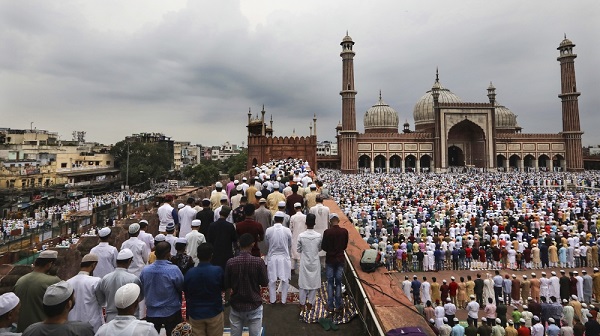
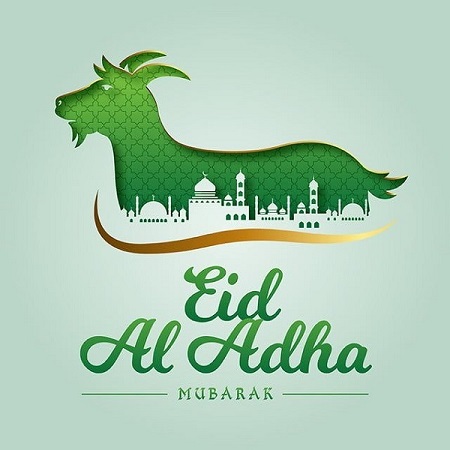
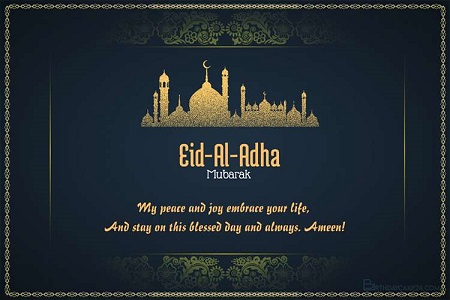
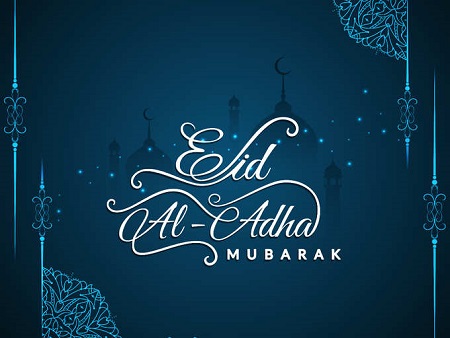
.jpg)
.jpg)
.jpg)
.jpg)
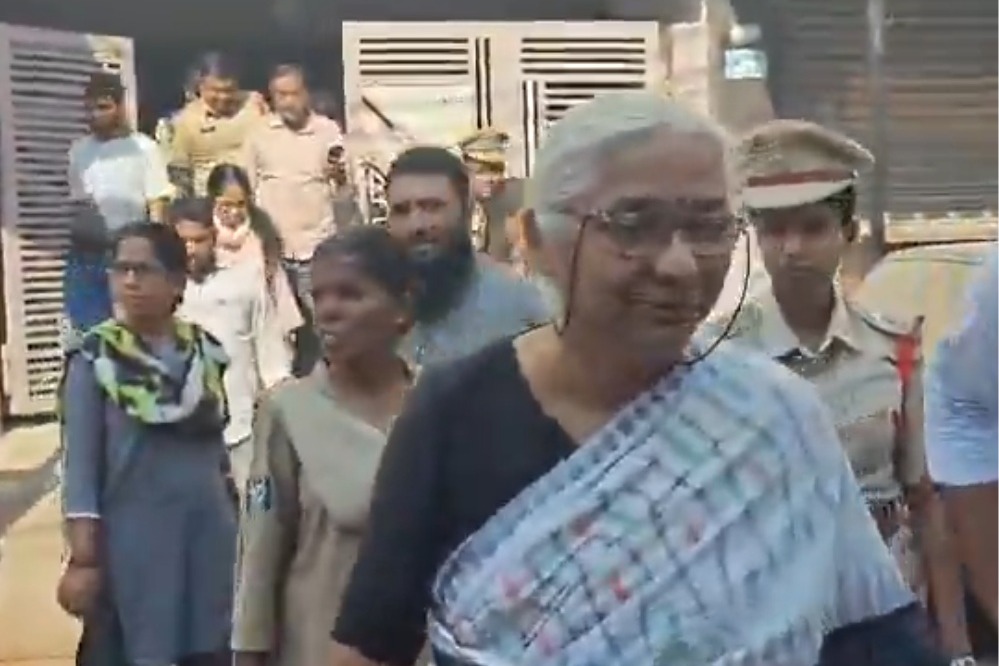

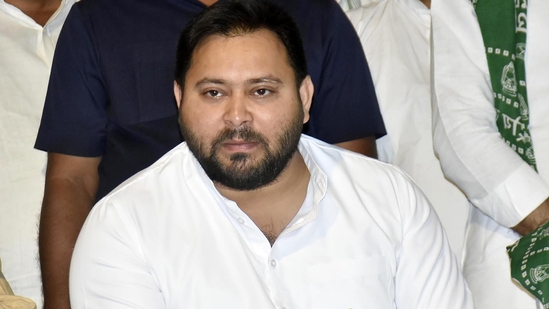
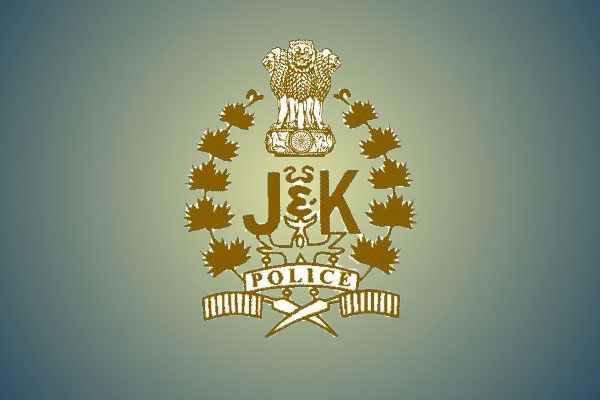
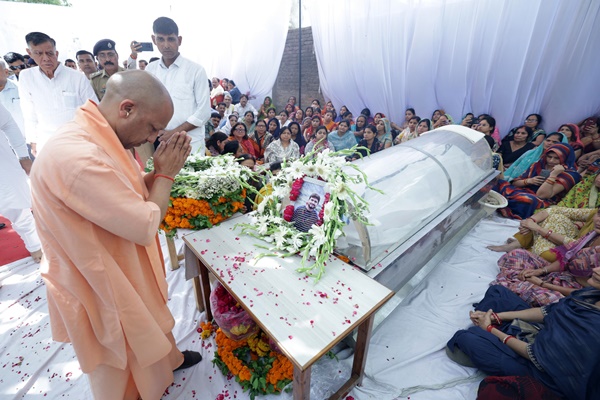
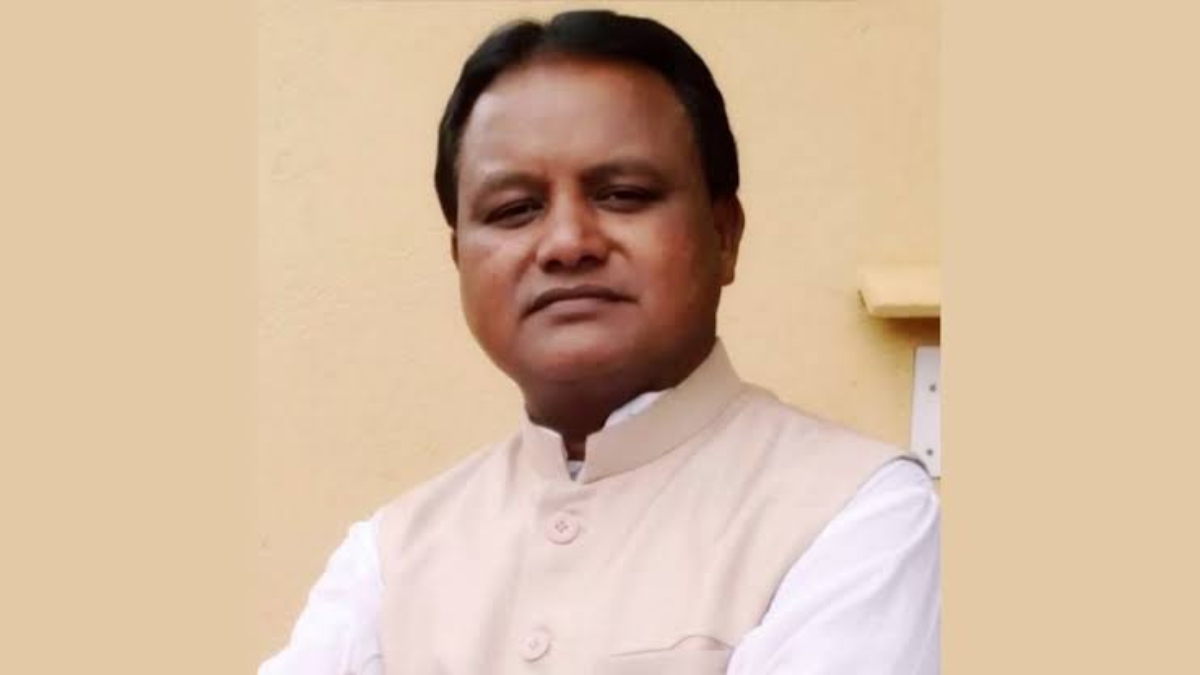
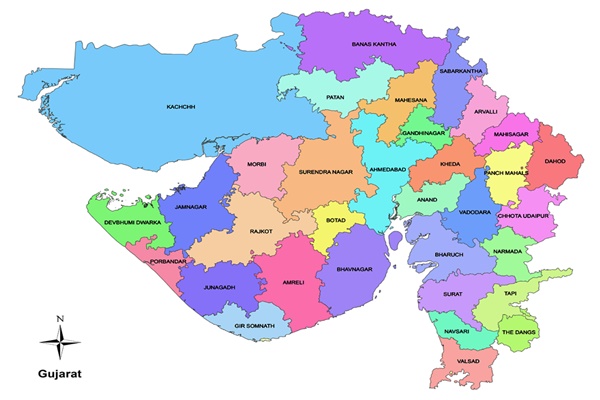

.jpg)
.jpg)
.jpg)
.jpg)
.jpg)
.jpg)
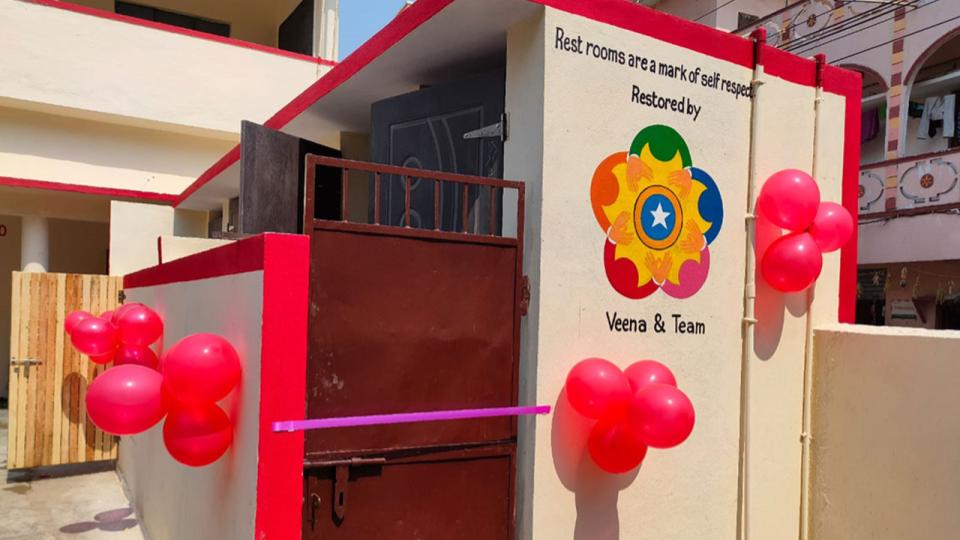


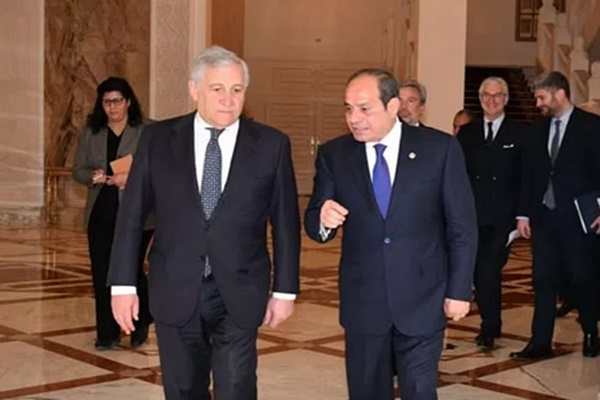
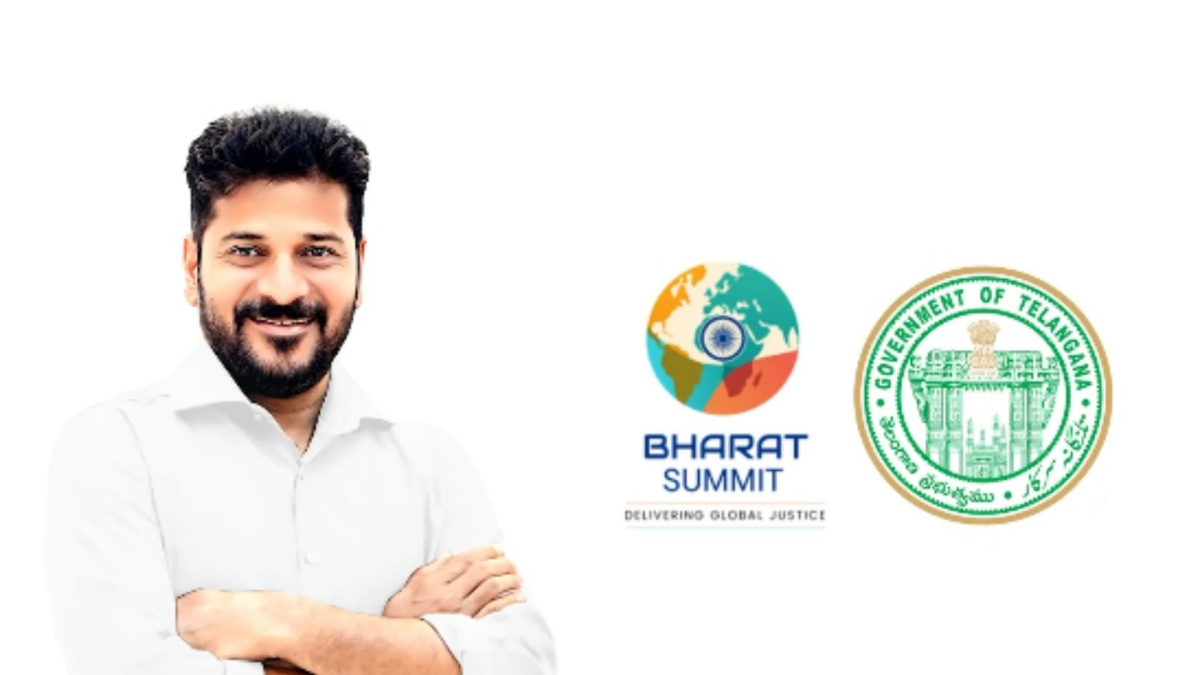
.jpg)

